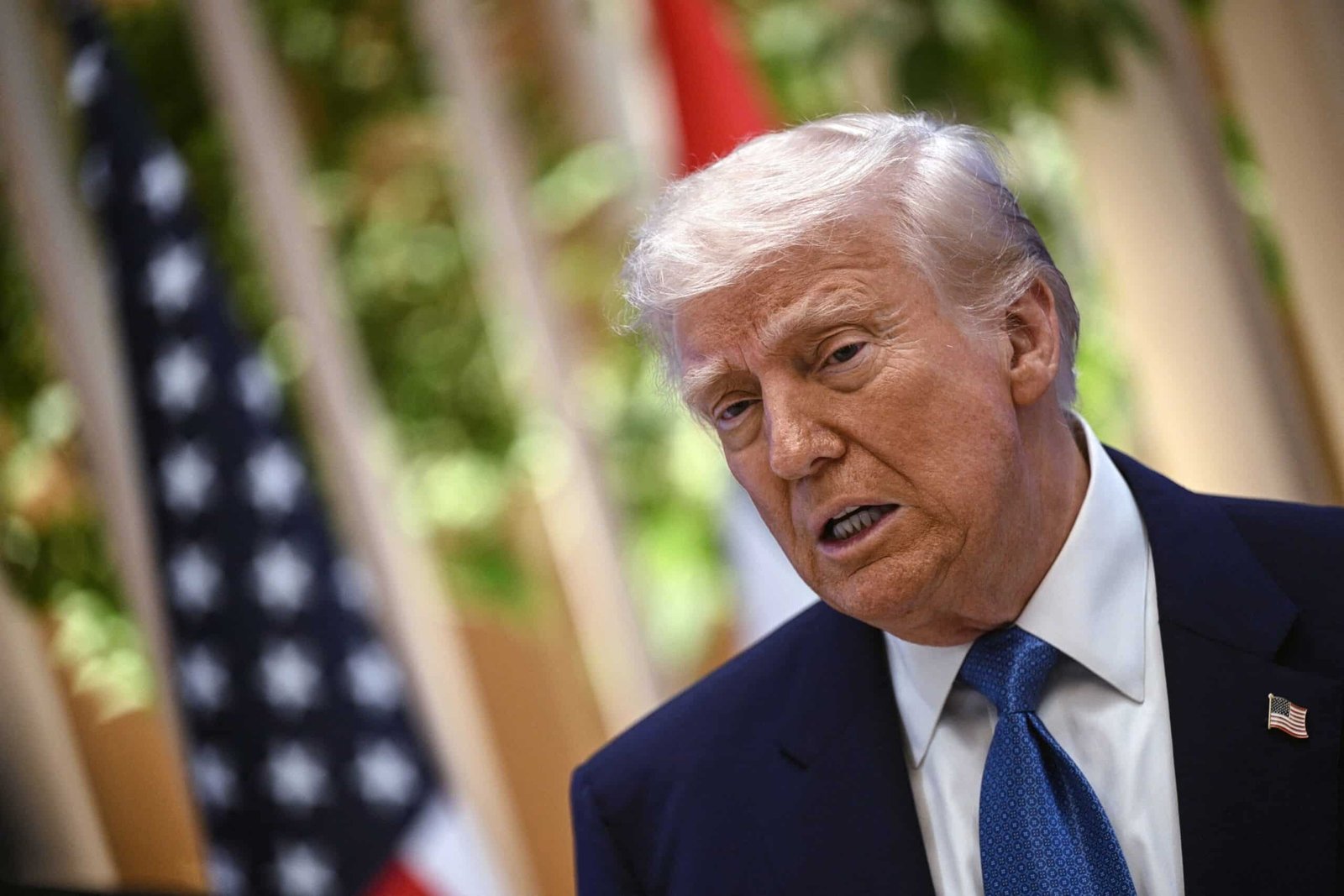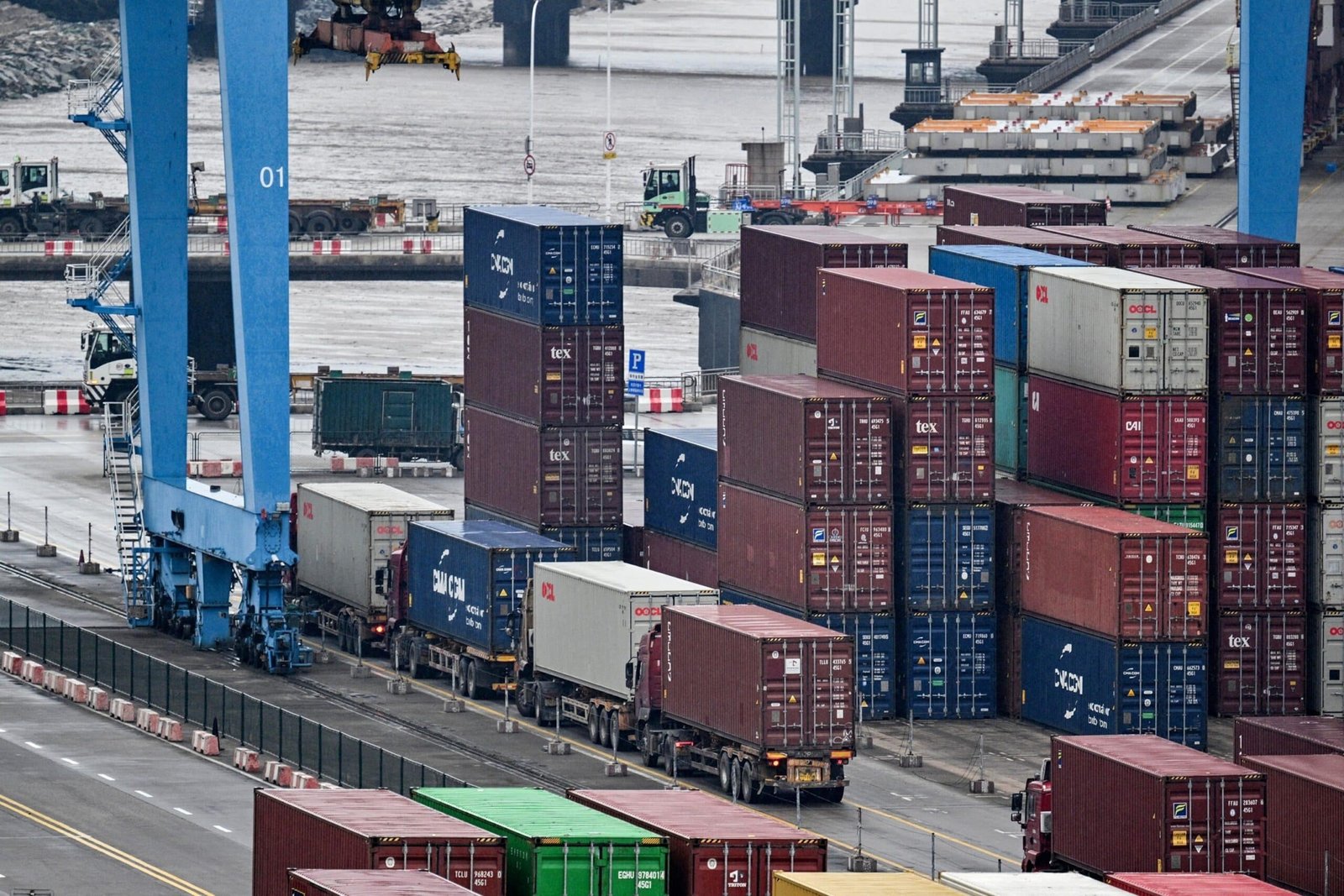The attitudes of consumers were attributed in May in the fourth consecutive month, even when President Donald Trump marked some rates. Reading came below the level that economists expected.
The buyer’s feeling now looms near his lowest level from a severe episode of inflation three years ago, they showed the data of the Michigan University survey on Friday. Before that, the measure of consumer attitudes had never fallen so low.
The month of age decreased in the feeling of the consumer that dates back to the fears of inflation and the warnings of recession triggered by the initial launch of Trump’s taxes.
A commercial agreement between the United States and China this week reduced Tit rates per eye between the two largest economies in the world and caused an increase in the stock market. In a matter of days, Wall Street companies softened their recession forecasts.
The University of Michigan conducted the consumption survey between April 22 and May 13, one day after the agreement between the United States and China. The results, in turn, may not completely reflect the impact of the agreement between the United States and China.
The agreement between the United States and China marked the last softening of Trump’s encumbrances, soon after the White House stopped “reciprocal rates” in dozens of countries. Trump also relieved the specific rates of the sector aimed at cars and backed down the duties of some goods in Mexico and Canada.
The reduction of tariffs coincided with data that suggests that the economy remains in a solid form.
Inflation decreased slightly last month, falling to its lowest level since 2021, showed this week’s government data. In addition, the economy continues to add jobs at a solid pace.
Even so, uncertainty looms on economic perspectives.
There are a variety of tariffs, including a tax between 10% on the board that applies to imports from almost all countries. Additional tariffs have reached automotive pieces, as well as steel and aluminum.

President Donald Trump attends a business forum at Abu Dhabi, on May 16, 2025.
Brendan Smialowski/AFP through Getty Images
Even after recoil, a 30% tariff over China far exceeds the level before Trump assumed the position, which represents the risk of price increases for a large strip of products that includes clothes, toys and some electronic products.
Walmart executives warned Thursday about the price increases driven by the tariff for perishable imports such as coffee, avocados, bananas and roses, as well as toys and electronic products.
Consumers showed signs of weakness last month as retail sales slowed down, indicating that buyers can be backing while waiting for possible consequences of tariffs. The trend represents a risk for the broader economy, since consumer spending represents approximately two thirds of economic activity.
The US economy shrunk at the beginning of this year, registering a strong fall in robust growth during the last months of 2024.
But an increase in imports ahead of Trump tariffs probably clouded the figure, since the calculation subtracts imports in an effort to exclude foreign production from the calculation of the gross domestic product. Analysts warned that a decrease in GDP due to this trend would not reflect economic weakness.




